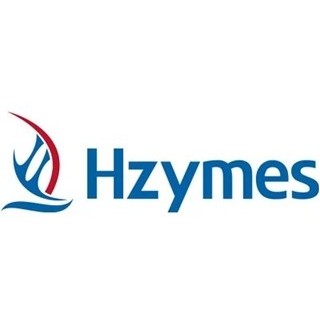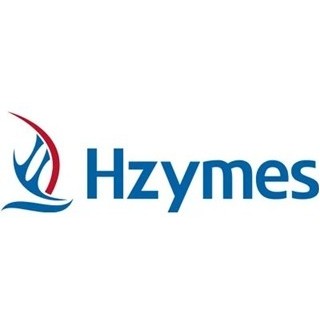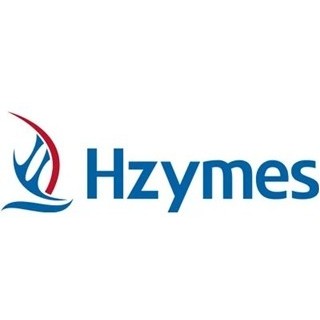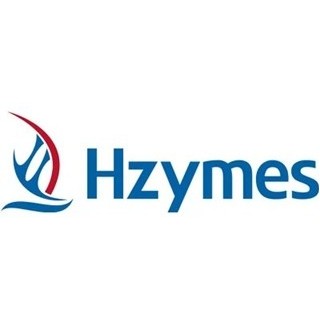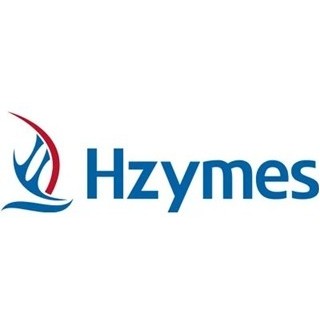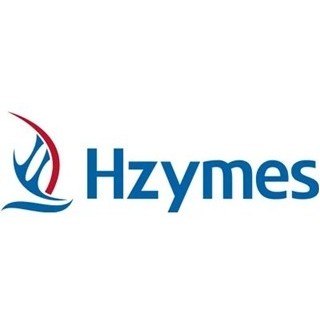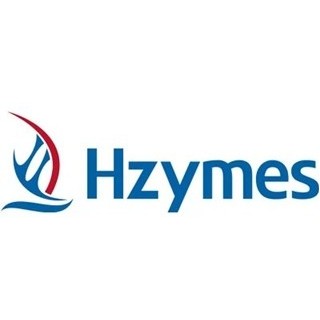Recombinant Factor C Endotoxin Detection Kit
Catalog No.
HBP008001-1
Endotoxin is a component of the cell wall of Gram-negative bacteria and endotoxins are abundantly present in the environment.
Read moreShow less
Endotoxin is a component of the cell wall of Gram-negative bacteria and endotoxins are abundantly present in the environment. When a large amount of endotoxin enters the bloodstream, it may cause severe symp- toms such as fever, even shock and DIC. Therefore according to regulatory guidance worldwide, for drugs and medical devices that are prone to introducing endotoxins into human body, endotoxin detection must be carried out.
Recombinant Factor C Endotoxin Detection Kit is a sustainable alternative for endotoxin detection which has the advantages of strong specificity, high sensitivity, and simple operation. Compared with traditional Limulus Amoebocyte Lysate(LAL) based endotoxin detection method, the recombinant factor C detection method reduces the dependence on horseshoe crab blood and is more inline with sustainable and ethical requirements.
The horseshoe crab is an ancient marine creature and its unique blue blood is widely used in the medical field for endotoxin detection. However, the current status of horseshoe crab resources is not optimistic. Due to the influence of human activities, such as overfishing and habitat destruction, the number of horseshoe crabs has decreased sharply. This has brought challenges to the method of endotoxin detection that relies on horseshoe crab blood. To protect horseshoe crab resources, researchers are committed to developing alternative methods, such as the recombinant factor C detection method. These new methods not only can reduce the dependence on horseshoe crabs, but also have some advantages, such as higher specificity and sensitivity, and more convenient operation. In the future, while ensuring the accuracy and efficiency of endotoxin detection, we need to pay more attetion to the protection and sustainable utilization of horse- shoe crab resources.
The principle of endotoxin detection by recombinant C factor is based on the specific reaction between endotoxin and recombinant C factor. Endotoxin can activate the recombinant C factor and initiate an enzymatic cascade reaction. Specifically, the activated recombinant C factor will cleave specificsubstrates, generating detectable fluorescent or chromogenic signals. By measuring the intensity of this signal, the endotoxin content in the sample can be quantitatively analyzed.
Read moreShow less



